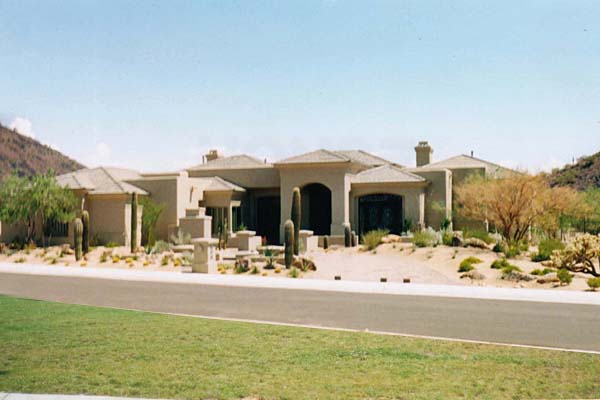LAND
Land is a crucial and versatile asset that holds significant value in the realm of real estate.
From residential developments to commercial ventures, the land serves as the foundation upon which diverse real estate projects are built. Understanding the multifaceted nature of land is essential for comprehending its role in real estate and the factors that influence its value and utilization.
The Intrinsic Value of Land
Location and Accessibility
One of the primary drivers of land value is its location. Proximity to urban centers, transportation hubs, amenities, and natural features can greatly influence the desirability and subsequent value of land. Prime locations often command higher prices due to the convenience and accessibility they offer.
Potential Use and Zoning
The potential uses of land, as determined by zoning regulations and land use planning, significantly impact its value. Land designated for residential, commercial, industrial, or agricultural purposes carries distinct value propositions, with each category catering to different market demands and investment objectives.
Natural Resources and Features
The presence of natural resources such as water bodies, fertile soil, scenic views, or mineral deposits can elevate the value of land. Additionally, the topography and natural features of the land, such as its elevation, slope, and orientation, contribute to its intrinsic appeal and potential for development.
The Role of Land in Real Estate Development
The Role of Land in Real Estate Development
Residential and Commercial Development
Land serves as the canvas for residential neighborhoods, apartment complexes, and commercial centers. Its suitability for construction, the availability of utilities, and the surrounding infrastructure play pivotal roles in determining its viability for development.
Agricultural and Rural Land
In agricultural regions, land is the lifeblood of farming and cultivation. The quality of soil, access to water, and climatic conditions are critical factors that define the agricultural potential and value of the land.
Investment and Speculation
Land is a popular investment asset, with investors and speculators seeking to capitalize on its potential for appreciation. Strategic land acquisitions, based on anticipated future developments or rezoning, are common practices in the real estate investment landscape.
Conclusion
The significance of land in real estate transcends its physical presence, encompassing economic, environmental, and social dimensions. As a finite and irreplaceable resource, land demands prudent stewardship and thoughtful consideration in its utilization and development. Its value is intricately intertwined with the broader dynamics of urbanization, economic growth, and sustainable land management practices.
By recognizing the diverse factors that underpin the value and utility of land, stakeholders in the real estate industry can make informed decisions, leverage opportunities, and contribute to the responsible and sustainable development of this invaluable asset. Whether as a foundation for new communities, a source of agricultural productivity, or a strategic investment vehicle, land stands as an enduring cornerstone of the real estate landscape, shaping the environments in which we live, work, and thrive.
MORE REAL ESTATE TERMS
A, B, C, D, E, F, G, H, I, J, K, L, M, N, O, P, Q, R, S, T, U, V, W, X, Y, Z
Featured New Home

Featured Mortgage Brokers
- REVERSE MORTGAGE SOLUTIONS INC, BETHESDA, MD
6701 DEMOCRACY BLVD STE 300
BETHESDA, MD 20817 - AMERICAN MIDWEST MTG CORP, CLEVELAND, OH
6363 YORK RD STE 300
CLEVELAND, OH 44130 - Ross Mortgage Corporation, mortgage broker in Royal Oak, MI
27862 Woodward Avenue
Royal Oak, MI 48067 - OPEN MORTGAGE LLC, CORONA, CA
1840 ROCKCREST DR
CORONA, CA 92880 - PRIMELENDING A PLAINSCAPITAL COMPANY, GLEN ALLEN, VA
4198 COX RD STE 113
GLEN ALLEN, VA 23060